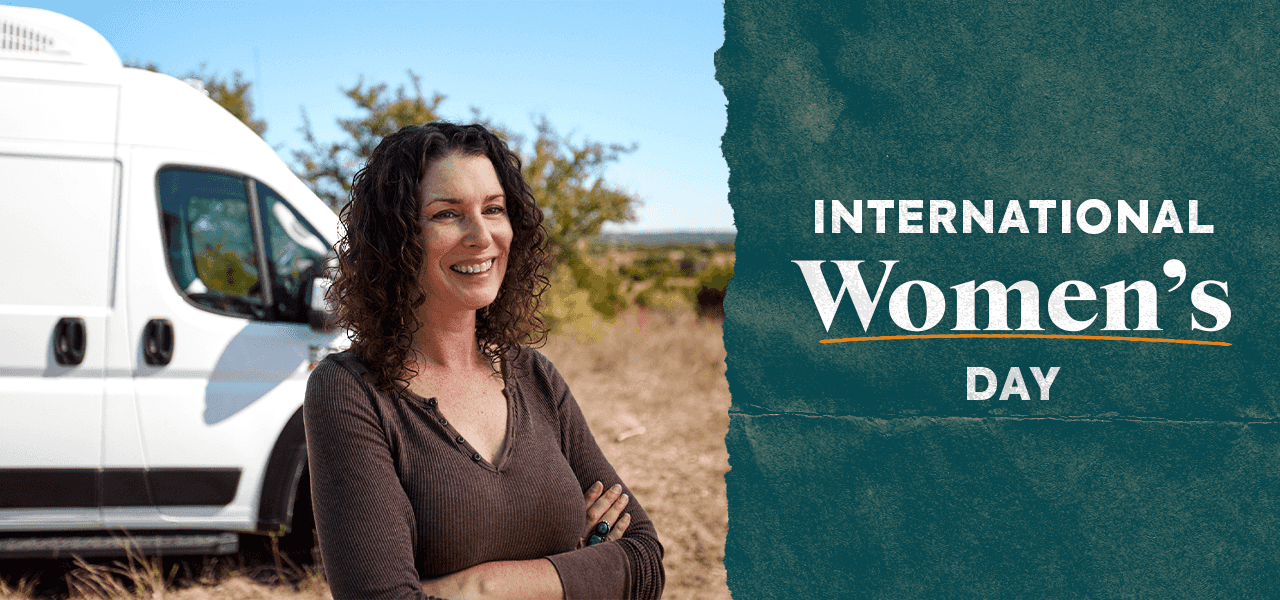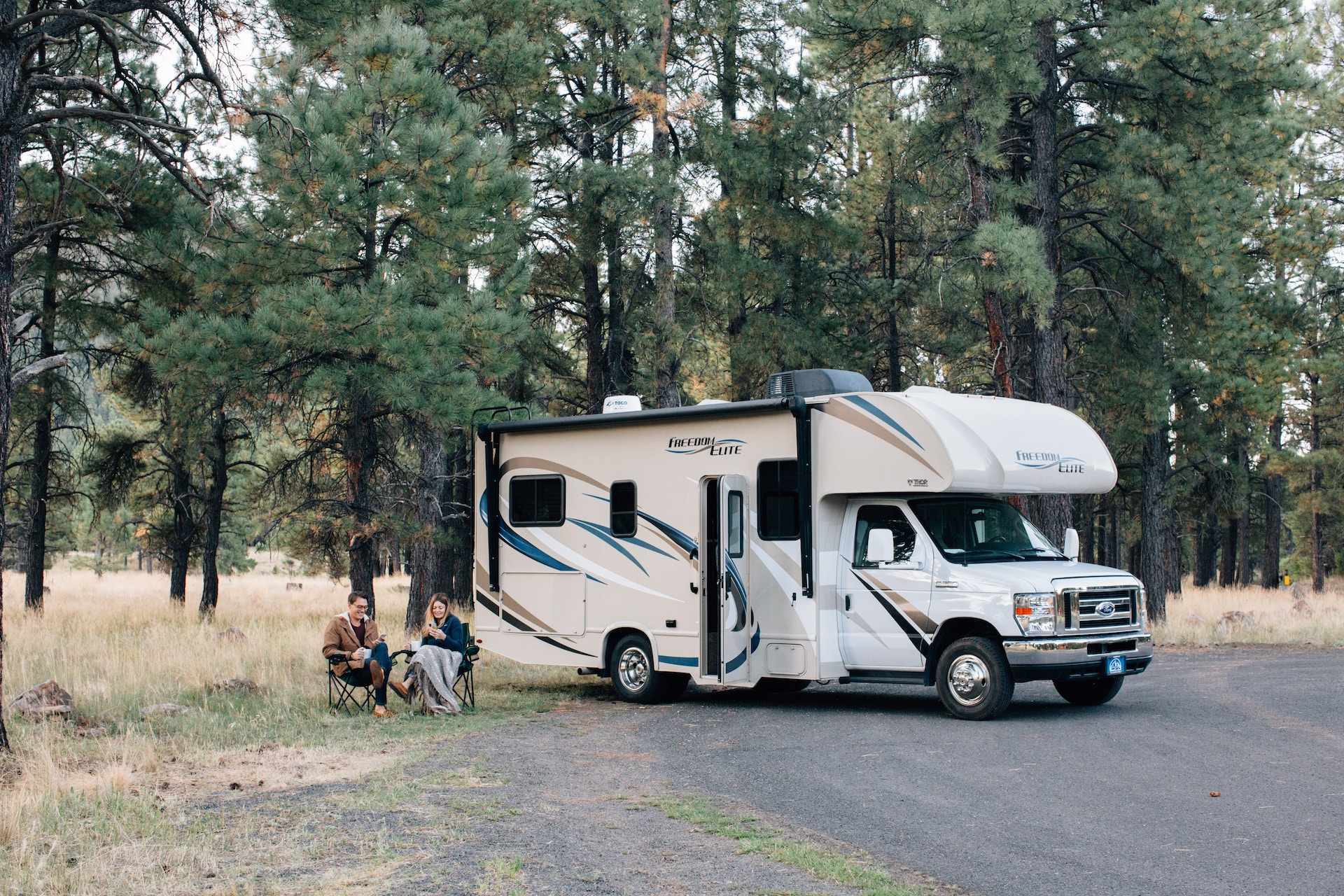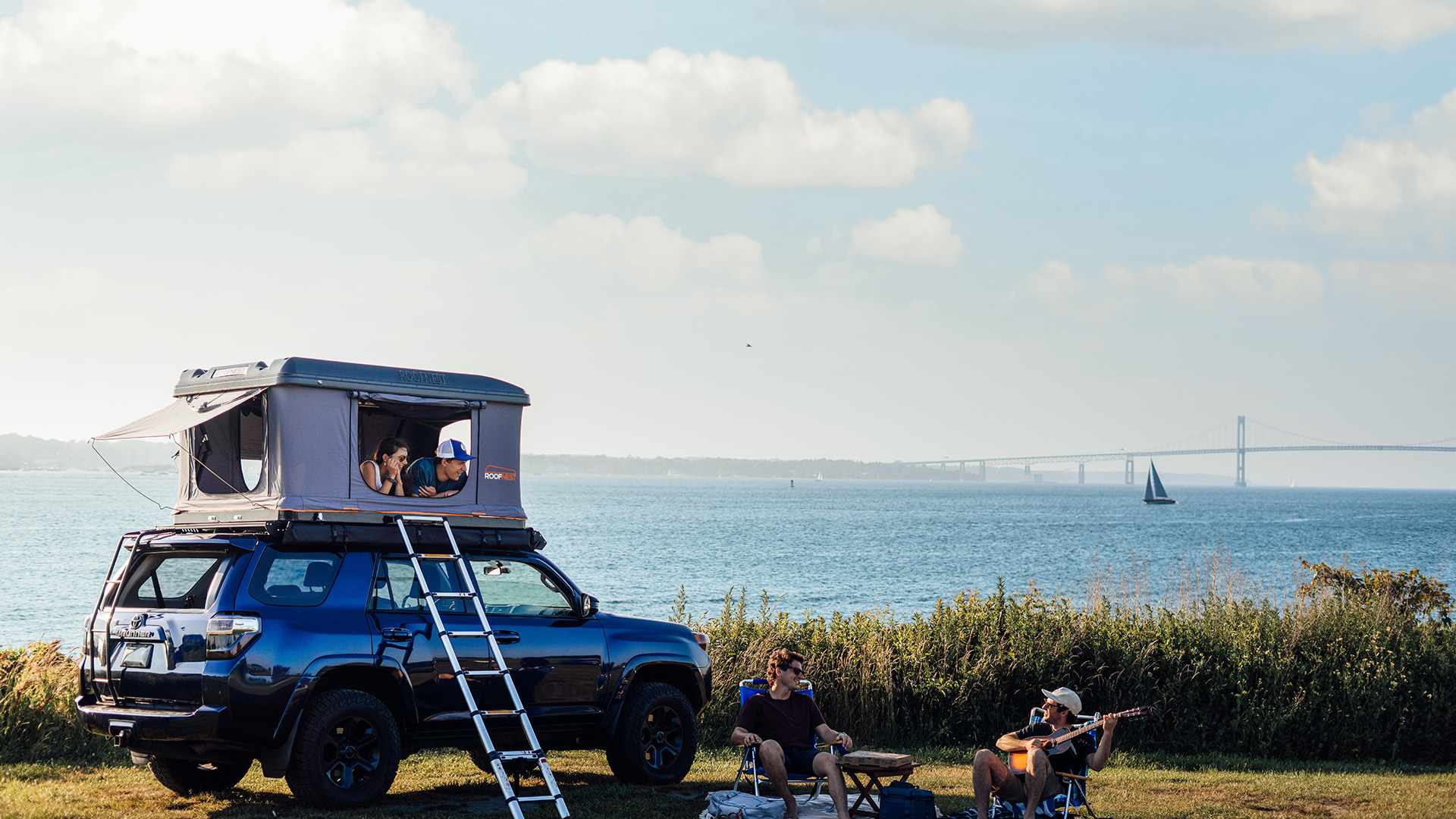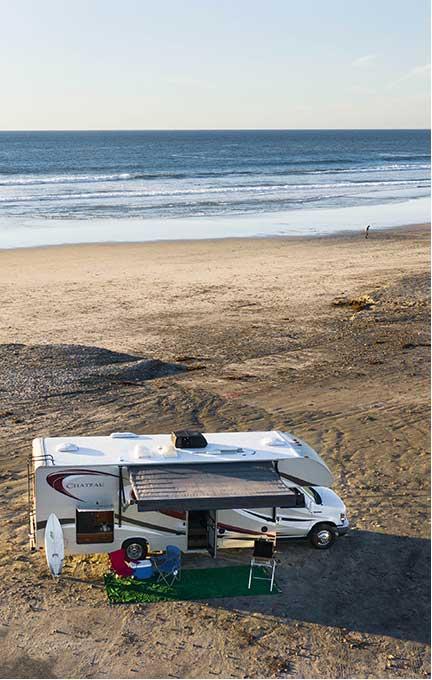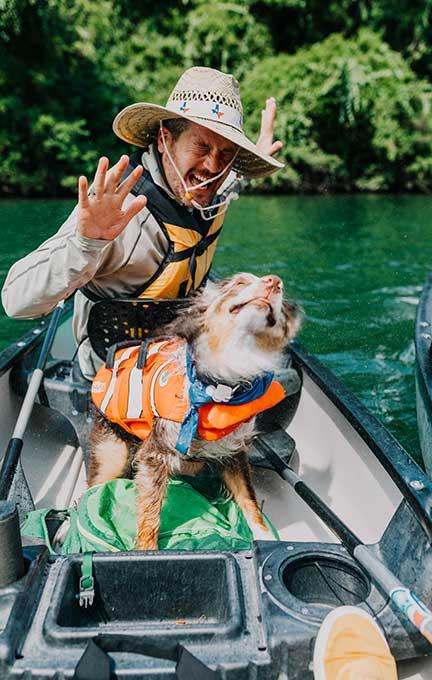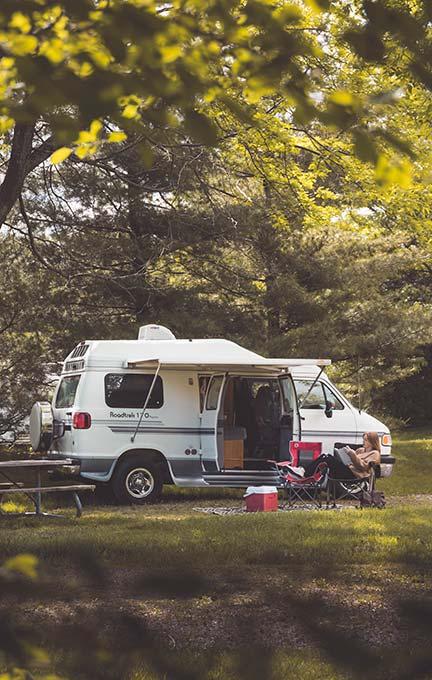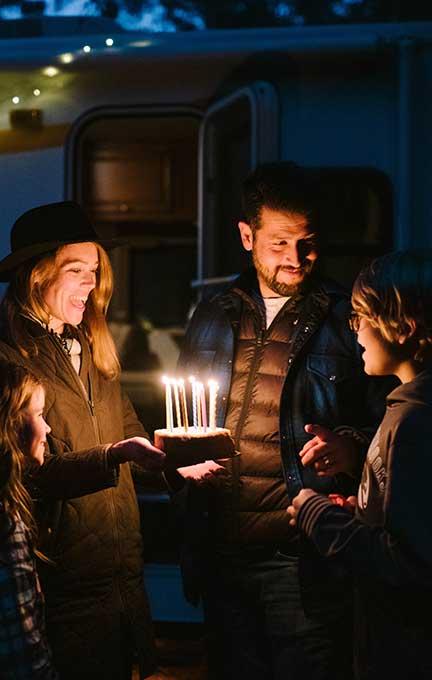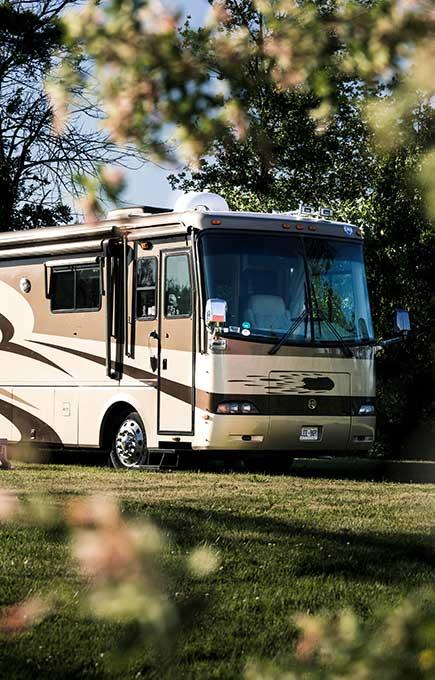Desk life
Every single day at my desk in San Francisco was a struggle. Between the tabs of work platforms and Slack I had pages up about expeditions to Alaska, 4X4 routes through South America, rooftop tent comparisons, Sprinter van four-wheel-drive conversions, the browser history goes on and on.
I had a great work/life balance at a venture-backed startup with a team of the smartest people I have ever met. Every day I was learning interesting things about global supply chains or the economics of logistics for agricultural transport. Regardless of how interesting and stable my job was though, all I could think about was the previous weekend’s adventure. It consumed my thoughts. All I wanted to do was get back out there to isolation, work on a vehicle build, or test some new gear. My profession was nearly a means to escape civilization for a couple of days at a time.
 Start it up
Start it up
My wife and I eventually grew tired of the city and moved to a small town in Colorado 8,000 feet above sea level called Buena Vista. We were lucky enough to be able to continue our jobs remotely, but, even with being able to live in the environments that we had only previously visited on the weekends, it still was not enough for me.
After much deliberation and a lot of sleepless nights, I left my job at the startup and decided to cash all my chips in and turn my weekend adventures into a career. I owned a single Ford Transit camper van that I built out myself and I signed a lease on a small commercial building that had been vacant for a couple of years and covered in graffiti. It took us a month of filling holes, painting, fixing electrical sockets, and finding furniture from thrift stores to fill the space. We eventually opened our doors and had a ribbon-cutting ceremony that consisted of a staff member of the local Chamber of Commerce, my wife and a friend, who just so happened to be driving through town.
 I was able to get the van insured and listed on Outdoorsy and started getting some advanced bookings for the summer. I steadily grew my fleet by recruiting and renting other individual’s campers. Every day I had a crash course on all aspects of running a camper rental business, which we named BV Overland. I did everything from troubleshooting an onboard generator at 11:30 p.m. with a renter over the phone, understanding insurance claims or drafting legal documents to be able to safely manage someone else’s $100K asset.
I was able to get the van insured and listed on Outdoorsy and started getting some advanced bookings for the summer. I steadily grew my fleet by recruiting and renting other individual’s campers. Every day I had a crash course on all aspects of running a camper rental business, which we named BV Overland. I did everything from troubleshooting an onboard generator at 11:30 p.m. with a renter over the phone, understanding insurance claims or drafting legal documents to be able to safely manage someone else’s $100K asset.
Even though every day there was a fire to put out, I have been enjoying it immensely and wouldn’t change a thing about the path I took.
 Pick a route, but be willing to change direction
Pick a route, but be willing to change direction
Although I am still very green when it comes to running a business there are three main lessons that I have learned along the way.
The first is not getting wedded to a single direction or decision. I have tracked almost every aspect of my rentals and am trying to make my future decisions based on the data points and not the emotion behind it. Is the building — the one I poured my heart and soul into renovating — eating up too much of the revenue? Are my delivery fees covering my travel expenses? Are three-day rentals worth the turn over cost?
These are just a few of the hard decisions that will have drastic impacts on the business and may need to be changed at the drop of a hat.
 No one really cares about your business emergency
No one really cares about your business emergency
One day the check engine light came on when I picked up one of our campers from Denver and I still had to drive the two and a half hours back to Buena Vista, not to mention the vehicle had to go back out on a rental in just two days. Fearing this light meant something catastrophic was about to happen, I stopped at the nearest dealership in a panic.
The service rep, who was clearly stretched thin from demanding customers and a long workday, made quick eye contact and then dropped his vision right back to his computer monitor and asked: “What can I do for you?” I explained my ‘dire’ situation with having to get home without breaking down and that I was under a huge time crunch to get this vehicle turned over and ready for the rental in the next couple days. I either did not speak at a volume he could hear or whatever he was typing was way more important than getting my vehicle back on the road for my next customer.
My point: no one cares about your business nearly as much as you do. I invested every penny I had into my business, I respond to emails and calls from my customers at any hour of the night, I still have not given myself a real paycheck, and I even took a part-time job starting at 6 a.m. on the weekends to make sure I had enough cash flow to keep the company running. I am willing to do anything in my power to make sure this company grows and is sustainable, however, I had to come to the realization that the gentleman behind the service desk was more concerned about leaving work in the next 45 minutes than my potential company sinking issue.
 It’s all worth it
It’s all worth it
Even after losing 20 pounds from stress, averaging 4 to 6 hours of sleep, and working 7 days a week for the last 7 months, I wouldn’t even think about doing something else. Vehicle-based exploration has opened up the world to me and put a lot of life’s daily stresses into perspective. I truly love being able to share the experience of travel with my customers and every single one of them has come back with a smile on their face and stories to tell, and that is what the experience of “vanlife” is all about — even if it’s just for a weekend getaway.
